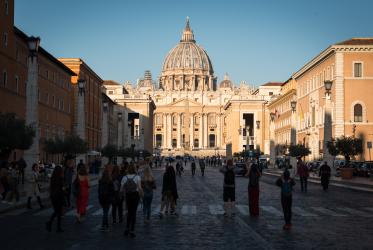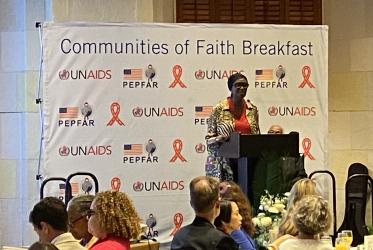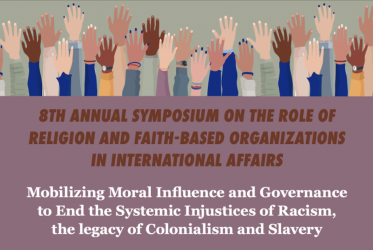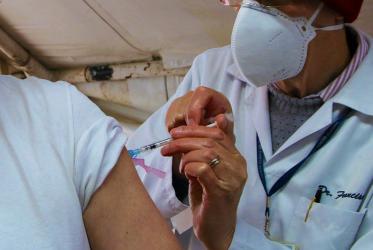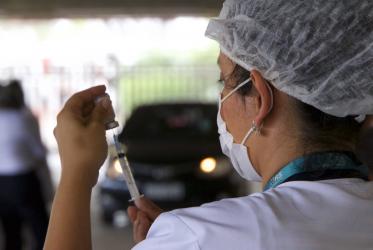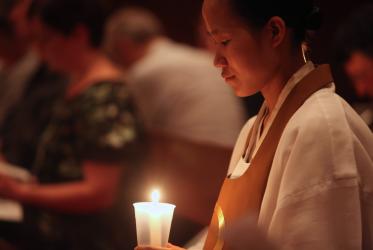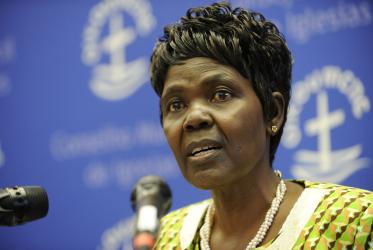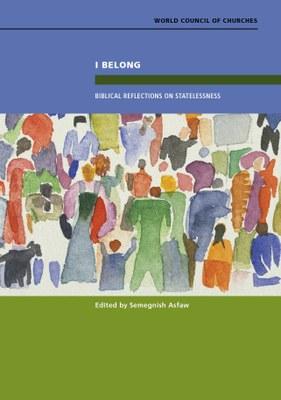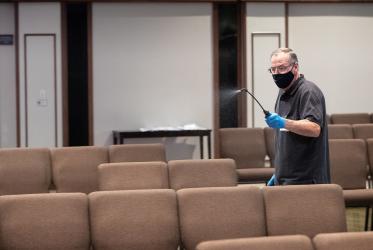Displaying 1 - 20 of 60
Webinar highlights the role of women in post-COVID-19 cooperation
11 February 2021
I Belong: Biblical Reflections on Statelessness
Biblical Reflections on Statelessness
12 October 2020
Bible study addresses church identity in pandemic
17 September 2020
Freedom of religion rooted in justice
06 March 2020


